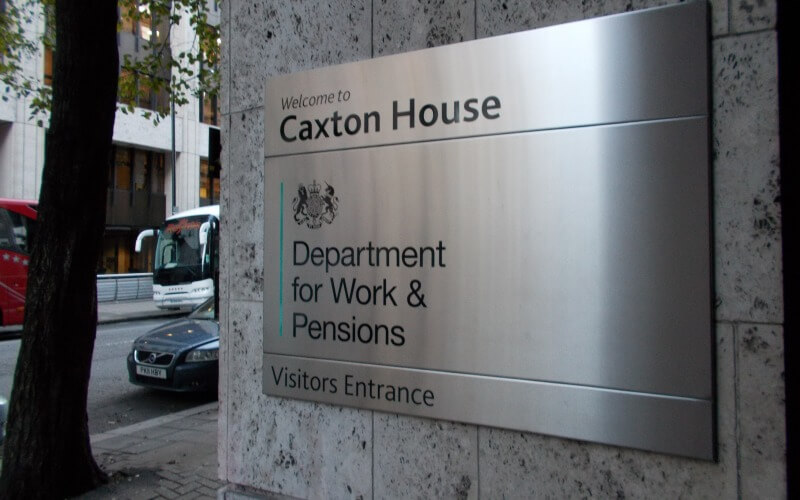Heartless fraudsters have been taking advantage of the cost of living crisis by launching a wave of sophisticated phishing scams. These scams are targeting those most affected by the increase in energy costs, shopping bills, accommodation fees, and fuel prices.
Fraudsters Preying on the Public During the Cost of Living Crisis
One such scam is the £400 energy discount scam, in which fraudsters send text messages containing malicious links to bogus websites that ultimately steal personal and financial details. Unfortunately, many people have fallen for this scam, including Diane Jones, who suffers from rheumatoid arthritis and receives disability benefits.
Diane received a text regarding the £400 discount and assumed it was legitimate because she was unaware that the discount is applied automatically. She entered her bank details, only to discover that she had made a grave mistake. She immediately contacted her bank, HSBC, who assured her that everything was fine and cancelled her bank card.
Case Study: How One Victim Lost £25,000 to a Sophisticated Scam
However, this wasn’t the end of the story for Diane. Later that week, she received a call from someone claiming to be from the HSBC fraud team. The caller informed her that her bank account had been compromised and that she needed to transfer her money to a new account using a special app. To make matters worse, the caller said he needed her help in identifying fraudsters working at her local branch.
By the time Diane realised she had fallen victim, fraudsters had already stolen nearly £25,000. Wiping out her entire life savings and overdraft in the process. HSBC initially refused to provide a refund, stating that they had no record of the card being cancelled and that because the victim transferred the funds herself, they were not liable for her losses. However, after an agonising wait, HSBC made a u-turn and refunded Diane after admitting they had not done enough to protect her.
Fraudsters often use the tactic of re-targeting victims. They use the fact that they know victims will have been in contact with their bank as a means to work their way back in at a later date. Impersonating a member of a bank’s fraud team earns fraudsters an immediate level of trust, helping them to persuade victims to take actions that they wouldn’t normally do.
Fraud Prevention Tips: How to Avoid Falling Victim to Fraudsters
Fraudsters possess significant expertise in pressuring and intimidating victims via telephone. Due to their daily practice of making countless calls, they can be incredibly convincing. However, it is crucial to understand that your bank or building society would never attempt to persuade you to move your money under any circumstances. Therefore, it is imperative not to succumb to pressure from such callers. If you receive such a call, you should immediately hang up and report the incident to the police.
To combat fraud, it is essential to avoid becoming a victim in the first place. This means being aware that banks will never ask their customers to move money under any circumstances. It also means being vigilant regarding text messages and emails, mainly those requesting personal or financial information.



